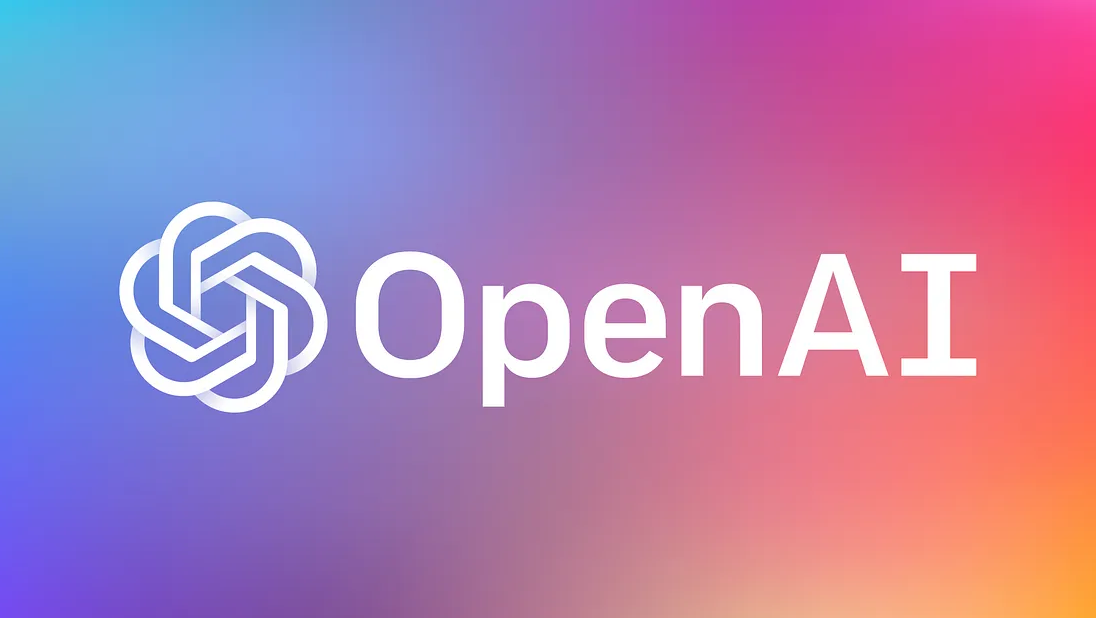As AI takes on a growing share of recruitment tasks, concerns are mounting that automated interviews and screening tools could be pushing hiring practices towards what some describe as a ‘race to the bottom’.
The rise of AI video interviews illustrates both the efficiency gains sought by companies and the frustrations candidates experience when algorithms, rather than people, become the first point of contact.
BBC journalist MaryLou Costa found this out first-hand after her AI interviewer froze mid-question. The platform provider, TestGorilla, said the malfunction affected only a small number of users, but the episode highlights the fragility of a process that companies increasingly rely on to sift through rising volumes of applications.
With vacancies down 12% year-on-year and applications per role up 65%, firms argue that AI is now essential for managing the workload. Recruitment groups such as Talent Solutions Group say automated tools help identify the fraction of applicants who will advance to human interviews.
Employers are also adopting voice-based AI interviewers such as Cera’s system, Ami, which conducts screening calls and has already processed hundreds of thousands of applications. Cera claims the tool has cut recruitment costs by two-thirds and saved significant staff time. Yet jobseekers describe a dehumanising experience.
Marketing professional Jim Herrington, who applied for over 900 roles after redundancy, argues that keyword-driven filters overlook the broader qualities that define a strong candidate. He believes companies risk damaging their reputation by replacing real conversation with automated screening and warns that AI-based interviews cannot replicate human judgement, respect or empathy.
Recruiters acknowledge that AI is also transforming candidate behaviour. Some applicants now use bots to submit thousands of applications at once, further inflating volumes and prompting companies to rely even more heavily on automated filtering.
Ivee co-founder Lydia Miller says this dynamic risks creating a loop in which both sides use AI to outpace each other, pushing humans further out of the process. She warns that candidates may soon tailor their responses to satisfy algorithmic expectations, rather than communicate genuine strengths. While AI interviews can reduce stress for some neurodivergent or introverted applicants, she says existing bias in training data remains a significant risk.
Experts argue that AI should augment, not replace, human expertise. Talent consultant Annemie Ress notes that experienced recruiters draw on subtle cues and intuition that AI cannot yet match. She warns that over-filtering risks excluding strong applicants before anyone has read their CV or heard their voice.
With debates over fairness, transparency and bias now intensifying, the challenge for employers is balancing efficiency with meaningful engagement and ensuring that automated tools do not undermine the human relationships on which good recruitment depends.
Would you like to learn more about AI, tech and digital diplomacy? If so, ask our Diplo chatbot!










